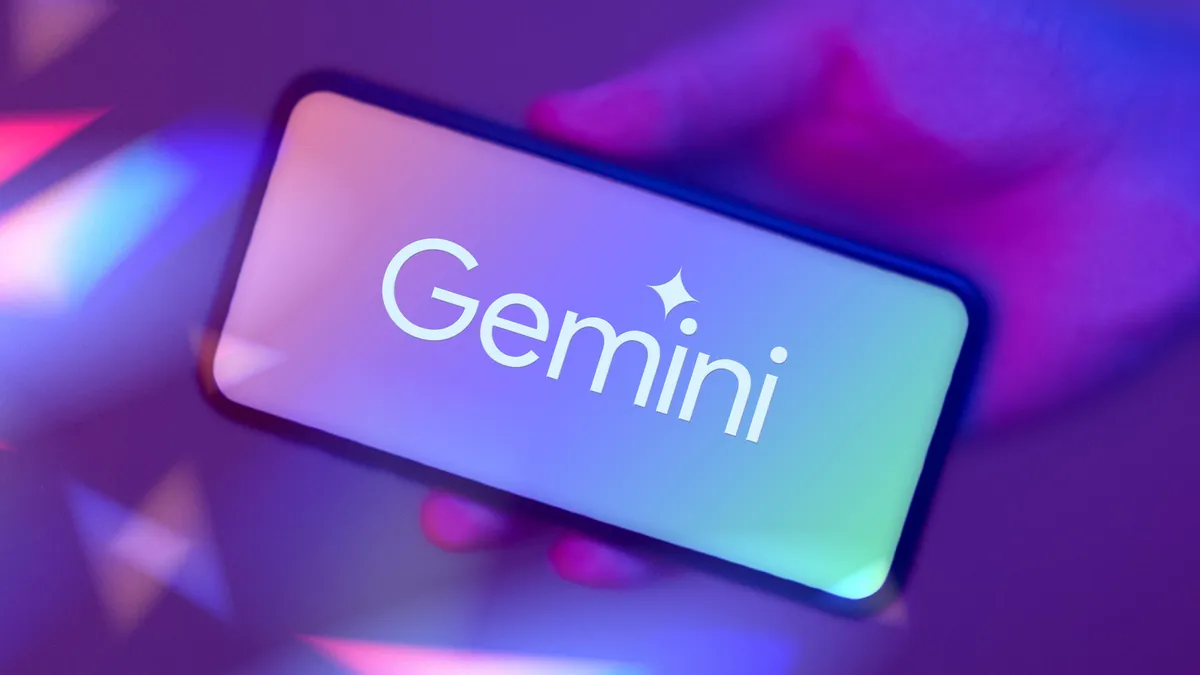SAP and UNESCO have agreed to deploy the AI-supported disaster management system EDiSON in the Solomon Islands.
The platform, created by SAP Japan and the start-up INSPIRATION PLUS, utilises the SAP Business Technology Platform with machine learning to merge real-time meteorological information with historical records, rather than relying on isolated datasets.
A system that delivers predictive insights that help authorities act before severe weather strikes. It anticipates terrain damage, guides emergency services towards threatened areas and supports decisions on evacuation orders.
The initiative aims to serve as a model for other small island states facing similar climate-related pressures.
UNESCO officials say the project strengthens early warning capacity and encourages long-term resilience. EDiSON will become operational in 2026 and aims to offer a scalable approach for nations with limited technical resources.
Its performance in Japan has already demonstrated how integrated data management can overcome fragmented information flows and restricted analytical tools.
The design of EDiSON enables governments to adopt advanced disaster preparedness systems instead of relying on costly, bespoke infrastructure. A partnership that seeks to improve national readiness in the Solomon Islands, where earthquakes, tsunamis, cyclones and floods regularly threaten communities.
Would you like to learn more about AI, tech and digital diplomacy? If so, ask our Diplo chatbot!










